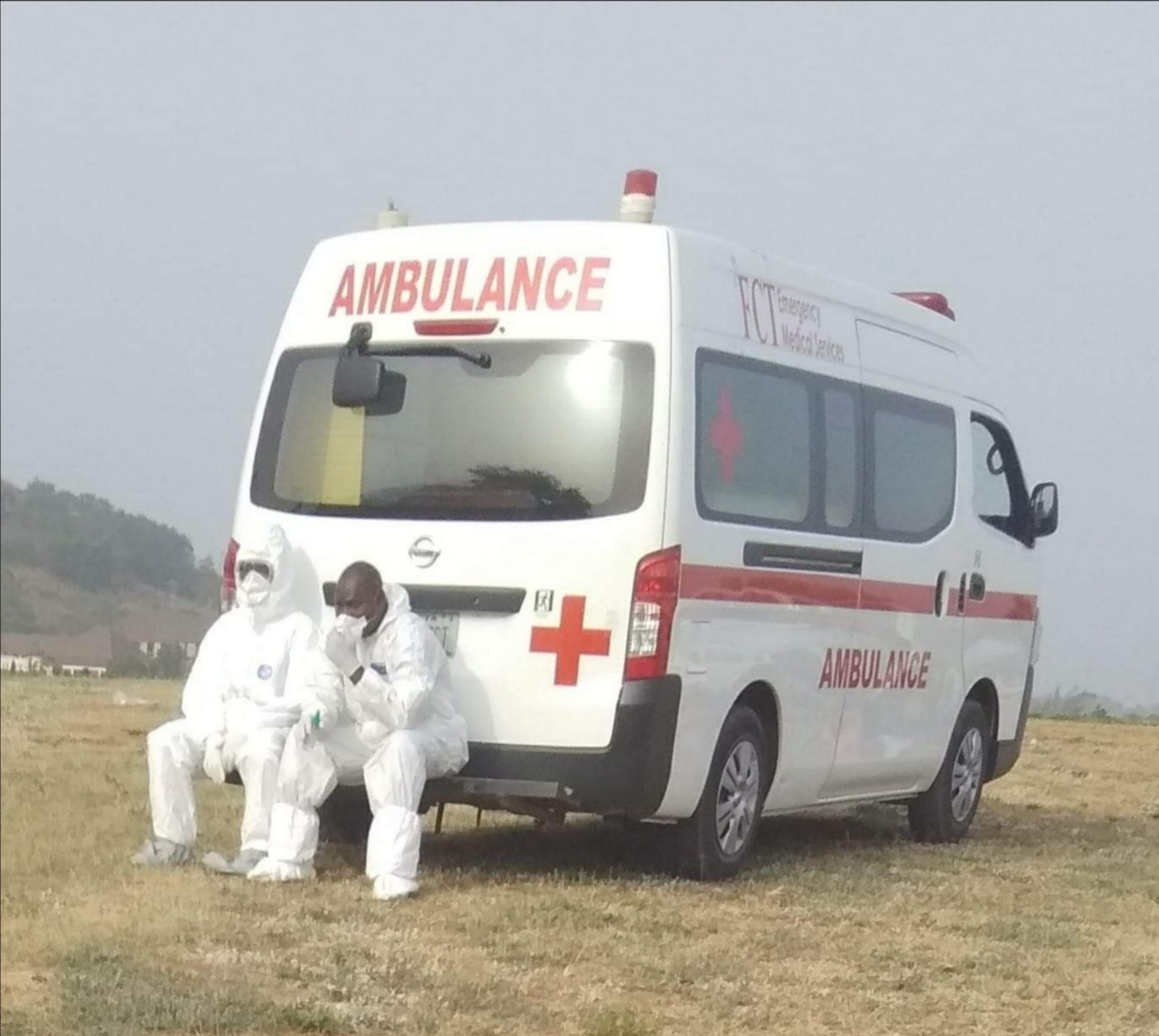Health
Abuja hospital gives update on suspected Ebola patient who returned from Rwanda

A suspected viral haemorrhagic fever case reported at Nisa Premier Hospital in Abuja has tested negative.
Dr Ibrahim Wada, Founder and CEO of Nisa Medical Group, said on Friday in Abuja that the patient, a 32-year-old man, was promptly isolated after showing fever, bleeding, and other worrisome symptoms.
According to Wada, the hospital immediately notified the Nigeria Centre for Disease Control and Prevention (NCDC), which conducted tests to determine whether the case was linked to viral haemorrhagic fevers such as Ebola, Marburg, Dengue, or Lassa fever.
“I have just confirmed that the test result turned out negative. The index case came in yesterday, and with the symptoms presented, NCDC was immediately contacted and the patient isolated. I can confirm that the result of the test carried out by NCDC has come out negative,” he said.
He added that both the hospital management and the NCDC Director-General are expected to release official statements later today to provide further updates to the public.
PlatinumPost reports that the patient, an estate developer identified by the initials O.I., had a 10-day history of fever that did not respond to treatment, along with nosebleeds, vomiting blood, and passing bloody stool.
Preliminary information from the FCT Chief Epidemiologist indicates that the man recently traveled to Rwanda for tourism. He reportedly began experiencing symptoms while in Rwanda, where a physician recommended testing for Lassa fever.
He returned to Nigeria on Thursday via Rwanda Air and proceeded directly to Nisa Premier Hospital. Medical records show that he had visited multiple hospitals in Rwanda over the past three weeks and received antibiotics without improvement.
Following his admission, the FCT Rapid Response Team was activated to investigate the situation, and relevant public health authorities were notified. Samples were collected for laboratory confirmation at the designated national reference centre.
Meanwhile, hospital management has been instructed to maintain strict infection prevention and control measures to prevent any potential transmission. Health authorities have urged residents to stay calm, assuring the public that surveillance and control measures remain in place.
Recall that the World Health Organization describes viral haemorrhagic fevers (VHFs) as a group of illnesses caused by viruses that damage blood vessels and can result in severe bleeding. Some VHFs may present with milder symptoms, such as body aches and fatigue. Examples include Ebola, dengue, Marburg, and yellow fever, which are most commonly found in parts of Africa, Asia, and South America.























